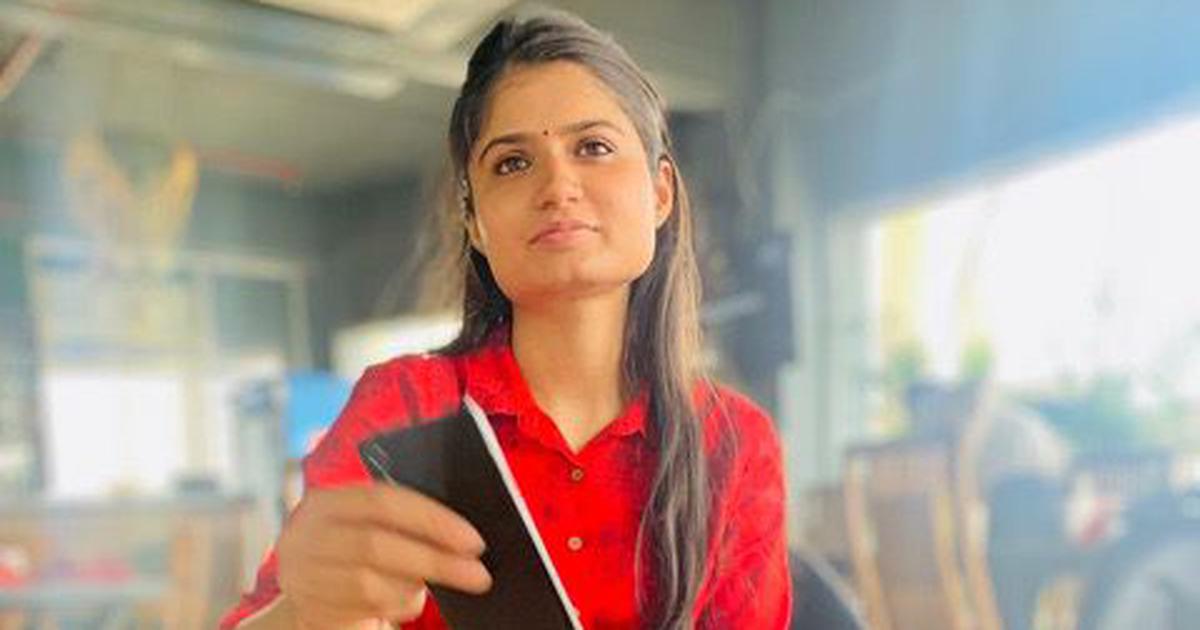The suspense was endless. After months of oscillating between a bad sinus infection and some form of cancer, my diagnosis of TB seemed decently placed, somewhere in the middle of the two extreme scenarios. It was a non-pulmonary form of TB, and was in my head. The first MRI scan in 2014 reported several “conglomerate ring-enhancing lesions” in my brain. I was relieved that it was only tuberculosis. And I was sure I am going to survive.
I live with my parents in Ghaziabad, very near to Delhi but I was diagnosed by a doctor in Meerut. My journey was meandering. The early symptoms and the only symptoms included headaches, high fever and mild weight loss. The first diagnosis was a sinus infection by a doctor in Ghaziabad, which was based on the X-ray of my brain. Because I had a recent case of TB in my family, I also had a skin test performed to check for it but to no avail. The borderline results could confirm nothing. Also, I showed no sign of TB as the majority understands it—I had no cough and no major weight loss. For all practical purposes, TB was not my problem.
But the diagnosis and the treatment didn’t help. I went from one doctor to another looking for a diagnosis (until I was finally diagnosed with TB). The doctor later advised my parents to consult experts in AIIMS or Apollo. This was the only time I had a meltdown during my four-and-a-half year journey of fighting TB. Filled with self-pity, life seemed too short and too early to die. The life is numbered-attitude continued for some time, till I was finally asked to get a CT scan of both my lungs and brain by the doctor in Meerut. The inside of my head was a literal mess but fortunately lungs showed miliary shadows, suggestive of a form of tuberculosis. After almost two months of actively trying to investigate the cause of my symptoms, the culprit was finally found. I was put on first-line drugs to treat TB. My body instantly showed positive results. The fever was down to 100 degree Celsius from 104. But the side effects were plenty, from nausea and vomiting to joint pains and difficulty in walking because of increased levels of uric acid.
But more than the trauma of the disease, as a 23-year-old, I was concerned about building my career. I was trying to get enrolled in a course in Journalism and got through a government college in Odisha. But the decision to move to another state appeared implausible at that time. But I am glad that my parents didn’t let some bacteria slow me down. I might always be remembered as the “sick girl” but I performed better academically than most of my healthy classmates. College was difficult but TB could never dictate my way of life. I even started working as a full-time journalist after the course, while being on ATT.
And though this is how I like to remember most of my fight with TB, it was a rough journey filled with challenges. There was a time when I couldn’t move my shoulders and instances when I would forget things or sometimes would be unable to find my way back home. One time my temperature soared so high that my parents had to rub bottle gourd in my palms and the sole of my feet. It was difficult when I couldn’t do most things myself and needed assistance, and not because I was physically weak but because I had lost the confidence to do things independently and was so habitual to people helping me. The psychological trauma was too much to handle. Having no one around to explain what the condition is doing to my mental health made things worse. For some time, I lived in my own misery, for it was unbearable to see people of my age travelling the world and achieving so much. The worst of all was the uncertainty. Despite being put on ATT and showing positive results, no doctor, expert would confirm that it was TB. I was neither tested for DR TB nor could get my cerebrospinal fluid checked, simply because the bacteria hadn’t reached the fluid. The only thing that could be tested was a small piece of my infected brain but the procedure was too complex to be performed and though the healing was slow but it was happening.
Tackling self-pity isn’t easy but I made peace with my situation through various visits to the neuro centre in AIIMS. I wasn’t crying of excruciating pain, could walk without any assistance, was conscious of my condition—I was the lucky one there. I had a loving family who never complained, took care of me and did everything to comfort me.
There are various levels of lack in the TB patient care. And not everyone is as fortunate as I have been. From primary concerns such as a timely diagnosis, good diet and poor awareness levels to irrational and deeply ingrained myths, almost-no mental health support and low knowledge on after-care—a lot needs to be done to ensure a TB-free India.
It has been two months since I am off ATT. The experience has altered my life. It has changed me for good and has strengthened my relationship with my family. I am patient, have a higher tolerance for things going wrong, empathetic and I am probably the best version of myself. So maybe defeating TB is difficult but it is worth putting up a fight.
